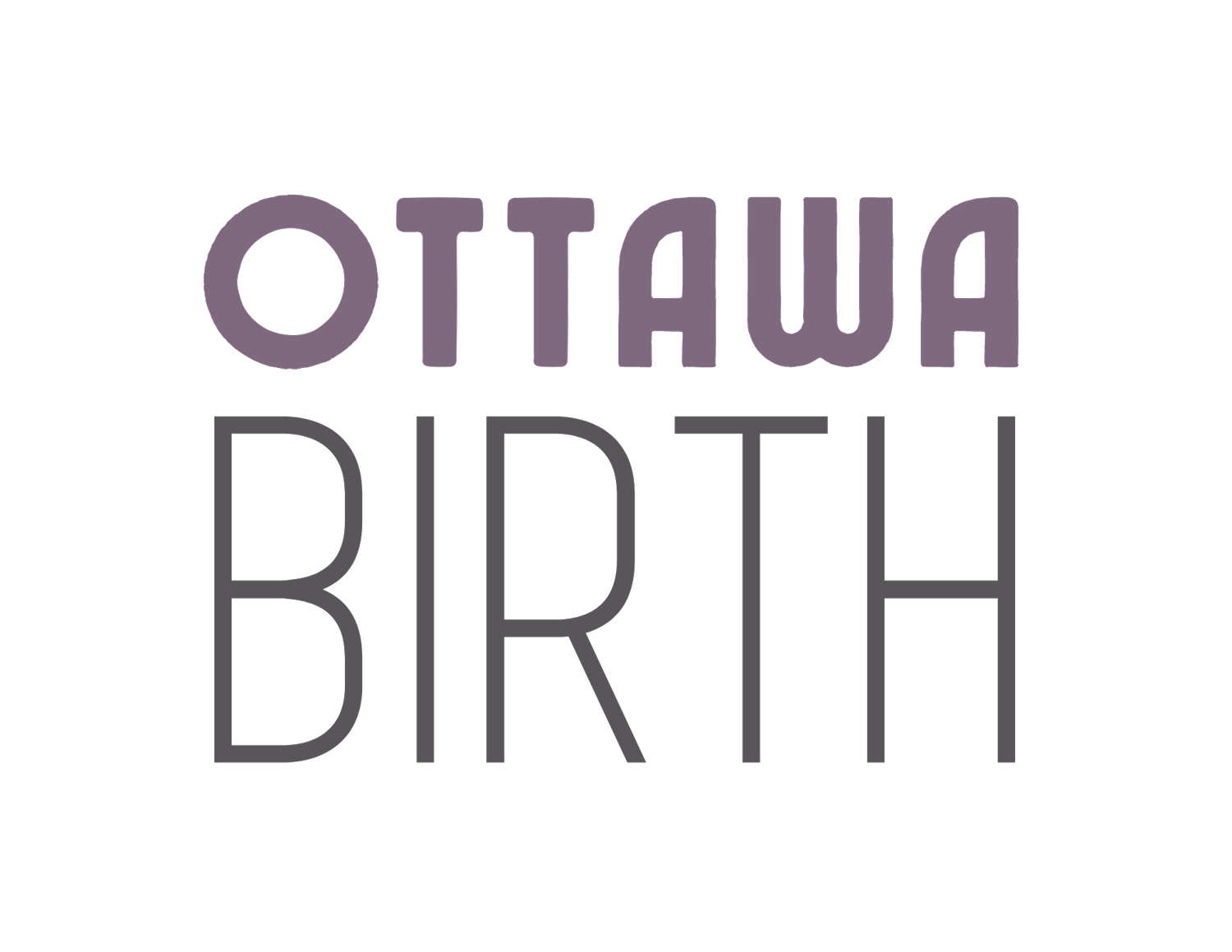Lochia - What is it? What should I watch for?
As a pregnant person, it's important to know what is considered normal lochia and what might require a call to your doctor. Lochia is the discharge you experience after giving birth, and it can vary in color and consistency depending on how long ago your baby was born. Knowing what to expect can help you relax and feel confident that you're taking care of yourself and your baby properly. Read on for more information about Lochia and how to tell if something is wrong.
Please note that the following information is not a substitution for seeing a medical professional. If you have any concerns, please contact your primary health care provider.
What is lochia, and what are the symptoms of abnormal lochia discharge?
After a woman gives birth, her postpartum body expels leftover blood and tissue from the uterine lining. This process is called lochia and usually lasts for four to six weeks post-birth. Lochia should be bright red during the first few days after delivery and gradually change to a pinkish-brown discharge. If your lochia is heavy or has clots, if you have a fever, or if you have strong cramps, these could be signs of abnormal lochia discharge and you should contact your doctor. Although postpartum bleeding can sometimes be heavy, it should eventually taper off. If you are concerned about your lochia or have any other questions about postpartum care, don't hesitate to reach out to your healthcare provider.
How long should lochia last after giving birth?
As mentioned above, the total amount of time lochia lasts can be up to 4-6 weeks. The amount and colour change over time.
On days 1-4, it is usually bright red, heavy, and with small to medium-sized blood clots. It’s like a heavy period.
On days 4-10, the amount of blood becomes less, and it becomes more discharge than blood. The colour goes to pink and then brown and there are fewer clots.
Day 10- week 4-6, it is white or slightly yellow, decreases in volume, little to no blood and no clots.
When should you call a doctor about abnormal lochia discharge?
If you are experiencing any of the following symptoms, it is important to call your doctor:
lochia that is unusually heavy or lasts for more than six weeks postpartum
lochia with a strong odour
lochia that is accompanied by fever, chills, or other signs of illness
lochia that is green or brown in color
lochia that contains large clots or puss
If you are concerned about your postpartum lochia, don't hesitate to reach out to your doctor for guidance. They will be able to determine if everything is progressing normally or if you need additional treatment.
Determining what is normal and what’s not is always hard to know. Join our Facebook group to chat with other new moms, offer support, and be supported!


